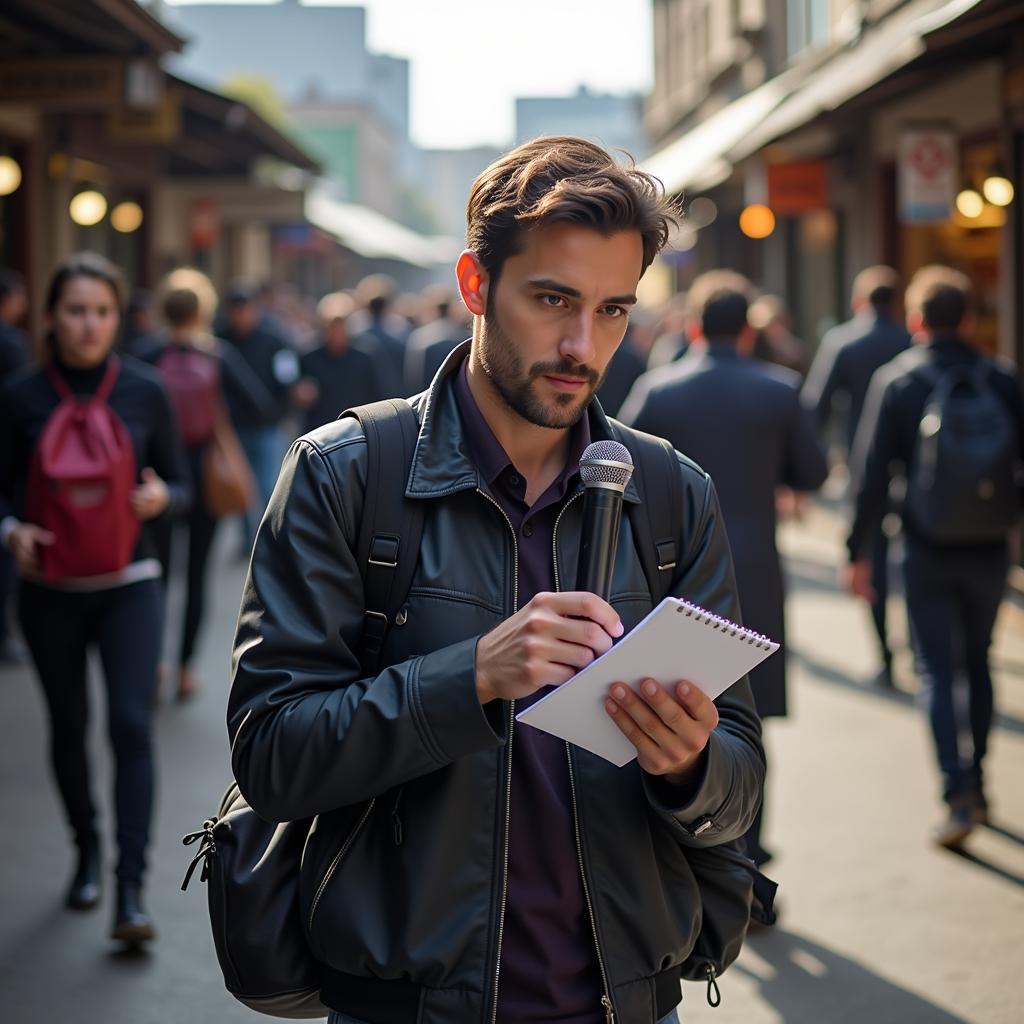The African Charter on Human and Peoples’ Rights: A Cornerstone of Freedom of Expression
The African Charter on Human and Peoples’ Rights (ACHPR) stands as a testament to the continent’s commitment to upholding fundamental freedoms, with a particular emphasis on the right to freedom of expression. This crucial right, enshrined within the charter, plays a vital role in fostering democratic values, promoting good governance, and facilitating social and economic progress across Africa.
The Scope of Freedom of Expression Under the ACHPR
The ACHPR, adopted in 1981, explicitly recognizes the right to freedom of expression in Article 9. This article guarantees everyone the right to receive information and express their opinions within the bounds of the law. This encompasses various forms of expression, including:
- Freedom of speech: The right to articulate one’s thoughts and beliefs verbally, without fear of censorship or reprisal.
- Freedom of the press and media: The right to access and disseminate information through various media platforms, including print, broadcast, and online channels.
- Freedom of artistic expression: The right to express oneself creatively through various art forms, including music, literature, painting, and film.
- Academic freedom: The right to engage in research, teaching, and scholarly pursuits without undue interference or restrictions.
The Importance of Freedom of Expression in the African Context
Freedom of expression is not merely a theoretical concept but a fundamental right with profound implications for the African continent.
1. Promoting Democracy and Good Governance: A free and independent media landscape empowers citizens to hold their leaders accountable, scrutinize government policies, and engage in informed public discourse. By fostering transparency and accountability, freedom of expression serves as a cornerstone of democratic societies.
2. Fostering Economic and Social Development: The free flow of information and ideas is essential for innovation, economic growth, and social progress. By enabling open discussions on critical issues such as poverty, healthcare, and education, freedom of expression contributes to finding sustainable solutions to Africa’s challenges.
3. Preserving Cultural Diversity and Identity: Africa boasts a rich tapestry of cultures, languages, and traditions. Freedom of expression allows for the celebration and preservation of this diversity, ensuring that marginalized voices are heard and cultural identities are respected.
Challenges and Limitations to Freedom of Expression in Africa
Despite the ACHPR’s commitment to protecting freedom of expression, several challenges hinder its full realization across the continent.
1. Restrictive Laws and Regulations: Some African countries have laws that curtail freedom of expression, such as criminal defamation laws, sedition laws, and overly broad national security provisions. These laws can be used to silence dissent and restrict critical voices.
 African Journalist Reporting
African Journalist Reporting
2. Harassment and Intimidation of Journalists and Media Workers: Intimidation, threats, and violence against journalists remain pressing concerns in many parts of Africa. These actions create a climate of fear, leading to self-censorship and undermining the free flow of information.
3. Digital Rights and the Evolving Media Landscape: The rise of digital technologies has brought about new challenges to freedom of expression. Internet shutdowns, social media censorship, and surveillance technologies pose significant threats to online freedom and access to information.
The Role of the African Court on Human and Peoples’ Rights
The African Court on Human and Peoples’ Rights plays a crucial role in upholding the principles enshrined in the ACHPR, including the right to freedom of expression. The court has the authority to:
- Receive and adjudicate complaints from individuals and NGOs alleging violations of their rights under the charter.
- Issue binding judgments against states found to have violated the ACHPR’s provisions.
- Provide advisory opinions on matters related to the interpretation and application of the charter.
The court’s jurisprudence on freedom of expression has helped clarify the scope of this right and provided remedies for victims of violations.
Conclusion
The [African Charter on Human and Peoples’ Rights abbreviation] is a cornerstone of human rights protection in Africa, and its emphasis on freedom of expression is paramount for the continent’s future. While challenges remain, recognizing the vital importance of this right and working towards its full realization are essential for promoting democratic values, fostering development, and ensuring a brighter future for all Africans.
FAQs about Freedom of Expression under the ACHPR
1. Does the ACHPR protect hate speech?
While the ACHPR protects freedom of expression, it does not protect hate speech that incites violence, discrimination, or hostility towards individuals or groups based on their race, ethnicity, religion, or other protected characteristics.
2. Can governments restrict freedom of expression during times of national emergency?
The ACHPR allows for certain limitations on freedom of expression during times of national emergency. However, these restrictions must be necessary, proportionate, and in line with international law.
3. What can individuals do if their right to freedom of expression is violated?
Individuals whose right to freedom of expression has been violated can file complaints with the African Commission on Human and Peoples’ Rights or the [African Court of Human and Peoples’ Rights].
4. Is there an [African Charter pdf] available online?
Yes, the full text of the African Charter on Human and Peoples’ Rights is readily available online from various sources, including the African Union website.
5. What is a good summary of the [African Convention on Human Right]?
The African Convention on Human and Peoples’ Rights is a comprehensive human rights treaty that outlines a broad range of civil, political, economic, social, and cultural rights. It emphasizes the importance of state obligations to protect and promote these rights.
For further assistance or inquiries about the African Charter on Human and Peoples’ Rights and its implications for freedom of expression, please contact:
Phone Number: +255768904061
Email: kaka.mag@gmail.com
Address: Mbarali DC Mawindi, Kangaga, Tanzania
Our dedicated team is available 24/7 to provide support and address your concerns.
